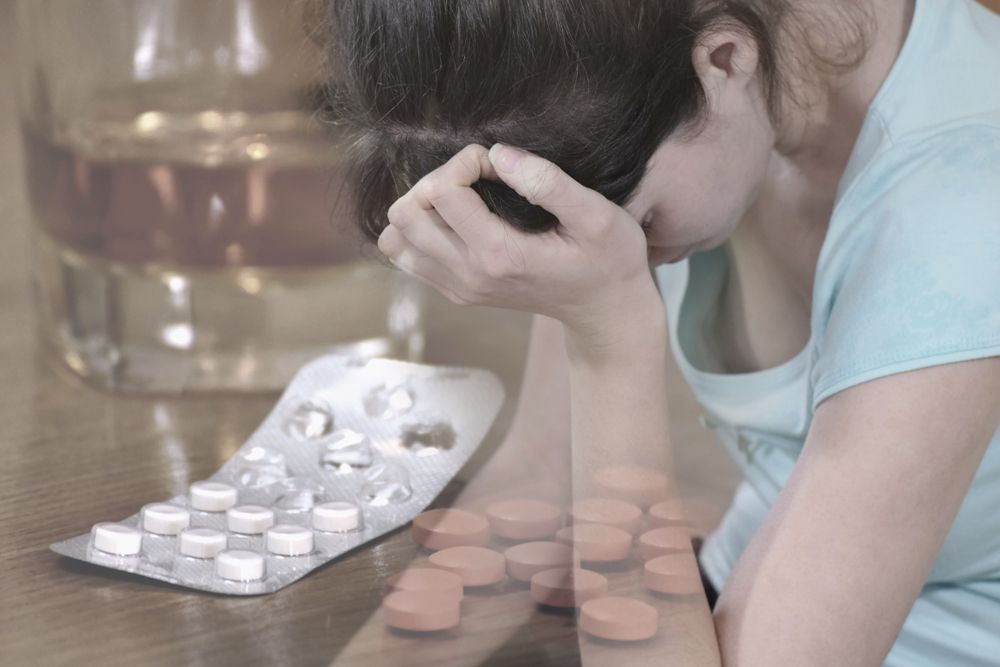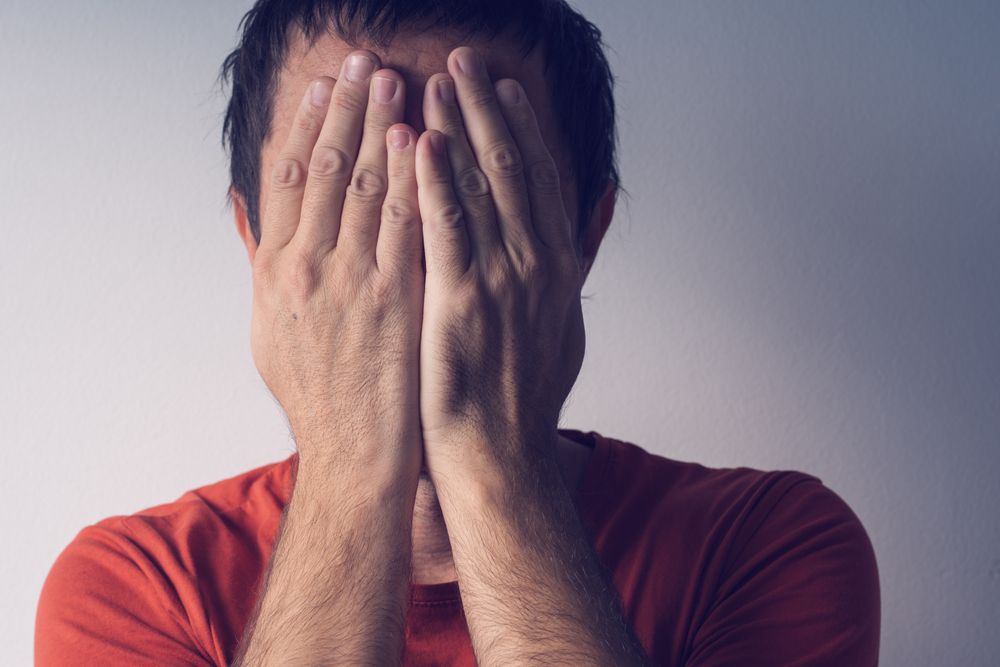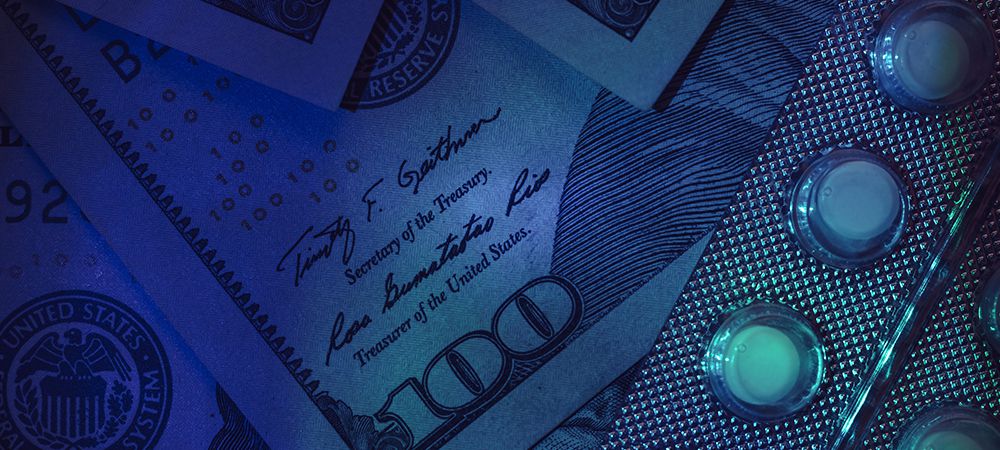Depression can cause substance abuse thanks to its unique symptoms. If you start out abusing drugs, it’s possible for depression to start to creep in. In the same vein, trying to cope with the symptoms of depression can also lead to substance abuse. Therefore, there is a need to better understand how to manage both situations with a view to promoting long-term sobriety.
Depression can wreak havoc on different areas of your life. Usually, depression will boost feelings of guilt, grief, hopelessness, grief and more. Sometimes these feelings may even be caused by the withdrawal stage of constant drug abuse. However, we often find people going back to drugs to get rid of these feelings. It’s an unending cycle that comes with severe long-term effects.

Generally, most people’s first encounter with controlled substances happens because they are trying to medicate depression or anxiety without medical supervision. Addiction and mood disorders are interconnected in this manner. Therefore, if it’s you or a loved one battling with a similar situation, it’s best to be aware of the risk factors for addiction.
In this article, we will discuss 5 ways depression can cause substance abuse. This way, you can know what to do to avoid addiction and possible dependency on controlled substances.
How Depression Can Cause Substance Abuse
Here’s what you need to know:
If Can Make You Too Scared To Ask For Help

If you’re living in depression, asking for help may be something difficult to handle. However, don’t be scared to ask people around you for a little help. Sometimes, finding the courage to speak up will help you recover in the long run. As you begin to have doubts and less motivation to do anything, asking for help can seem like too much of a burden. Also, mood disorders notably come with unwarranted guilt and shame. This then further isolates your mind and prevents you from seeking potential help.
However, the complexity of mood disorders is so bad that it may be impossible to quickly recognize the symptoms. So, even if you do try to talk to someone about it, you may find it extremely difficult to explain the feelings of disinterest. This ambiguity that comes with depression can push an affected individual to turn to substances for drugs and relief.
Related article: Is Depression Related to Alcohol Abuse?
You May Not Realize It Quickly

Typically, depression is a slow poison. The effects and symptoms begin to come into your life slowly. Most of the time, it’s often easy to dismiss these feelings as the manifestation of a different problem.
As a result, most people turn to quick measures to keep the symptoms of depression at bay. For instance, a student may turn to stimulants to stay focused on school work. A glass of wine may become the go-to for relaxation at the end of a long day at work.
Therefore, if you are not able to recognize depression, these negative coping methods will quickly become the norm. If this is the case with you, it is important to get expert treatment for depression ASAP.
Irrational Fear Of Psychiatric Drugs

Another way in which depression can lead to substance abuse is through fear. Most people who are depressed start to get scared of certain situations. Most of the time, this fear comes with feelings of anxiety and paranoia.
The fear of using psychiatric drugs, being afraid of standing in front of a psychiatrist and more. All of these can constitute the affected individual turning to controlled substances for relief. In today’s world, psychiatric drugs have become the norm with most doctors prescribing them. However, despite this supposed acceptance, most still retain a fear of these drugs. As a result, most people stop using their medication, resorting to substance abuse to manage the symptoms of depression.
The Stigma Associated With Depression

Unfortunately, there is still a certain stigma around people who are suffering from mental health conditions. Thanks to this stigma, most people will rather stay silent than open up to others about how they are truly feeling.
However, you have to find it within yourself to change this mentality. Typically, sessions with depression treatment experts may help. In a bid to help yourself beat depression, you should strive to conquer your fear.
Feeling Unworthy of Recovery

Another way depression can cause substance abuse is the feeling that you can’t recover. A good percentage of people dealing with depression feel that they are not worthy of better mental health. Perhaps past treatment or a history of emotional abuse may be factors here. However, in a bid to stay “sane”, these people often turn to the self-destructive habit of using controlled substances.
Conclusion
Depression is one of the mental health issues that can cause addiction problems. Additionally, heavy substance abuse can certainly lead to depression for many, but not usually the case for everybody. To cap it off, depression paves the way for addiction. As a result, getting expert help to manage depression is vital.
Here at Addiction Rehab, we can provide you with expert help, resources, guidance and tools to treat depression. Call 1-855-787-2424 or send us a message to speak with an expert today!
Related article: Depression Treatment: 7 Effective Tips For Coping






